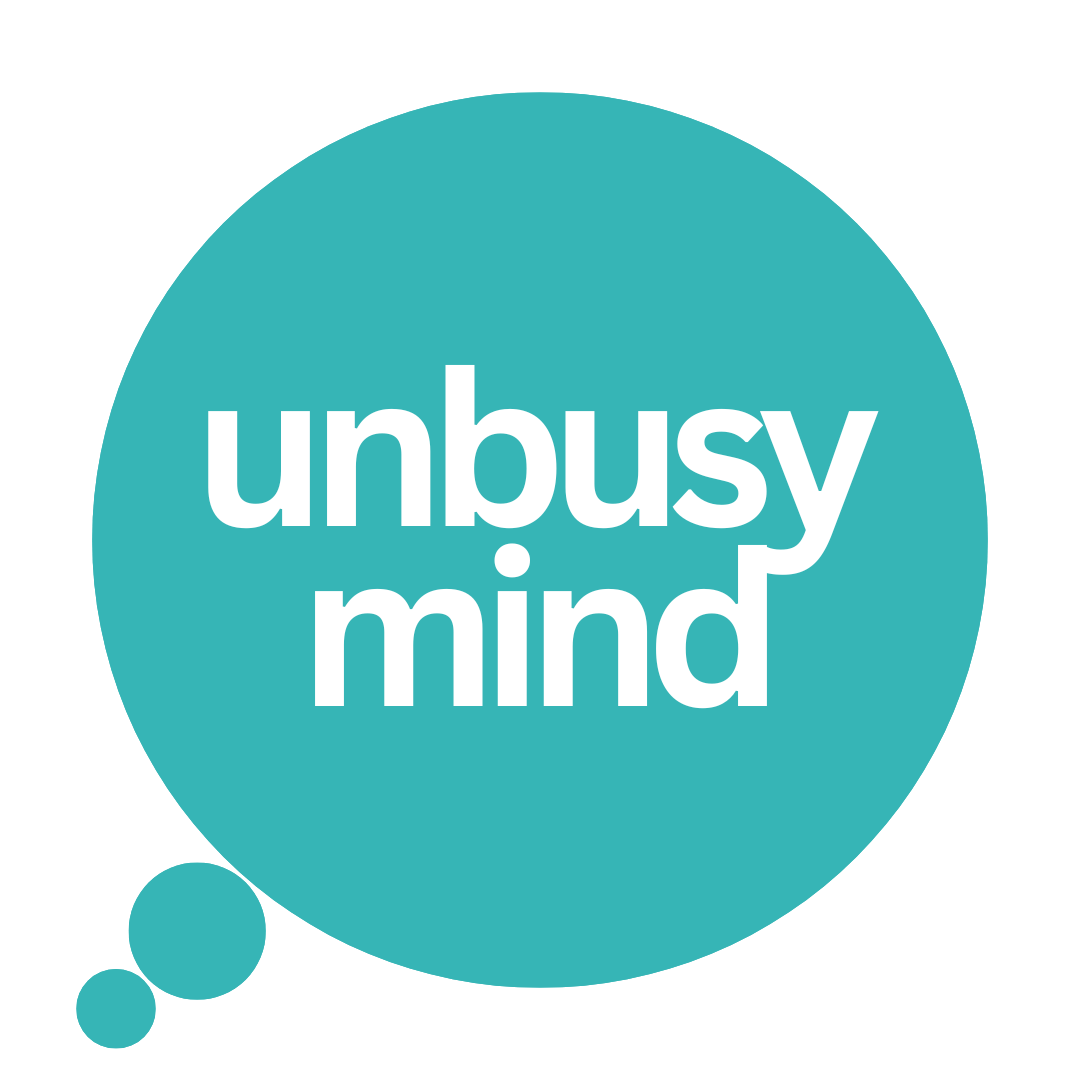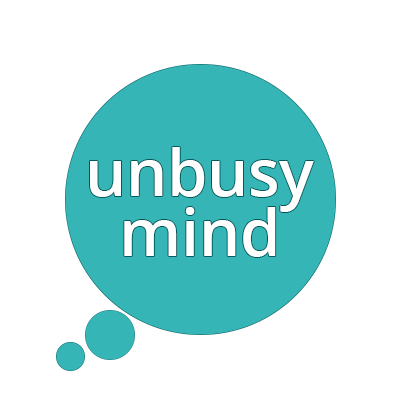
01 Sep Just 10 Minutes of Mindfulness Daily Boosts Wellbeing and Fights Depression
Mindfulness is more than just a buzzword. It’s a centuries-old practice that focuses on grounding oneself in the present moment. By intentionally tuning into our thoughts, emotions, and bodily sensations without judgment, mindfulness can be a powerful tool for mental health. In today’s fast-paced world, an increasing number of people are turning to mindfulness for its profound benefits. But how exactly does this simple practice enhance wellbeing and combat depression?
The Scientific Connection Between Mindfulness and Wellbeing
Research bolsters mindfulness’s reputation as a significant player in enhancing mental health. Studies reveal that regular mindfulness practice can reduce stress, improve attention, and even boost immune function. But perhaps most compelling is its potential to lift the veil of depression and increase overall life satisfaction.
Impact on Brain Function and Structure
Mindfulness isn’t just beneficial; it’s transformative. Regular practice is shown to alter brain regions involved in perception, body awareness, pain tolerance, emotion regulation, introspection, complex thinking, and sense of self. For instance, there’s increased gray matter density in areas linked to learning, memory, and emotional regulation after just a few weeks of mindfulness practice.
Reduction in Symptoms of Depression
Clinical trials highlight the effectiveness of mindfulness in alleviating depression symptoms. Participants notice a significant reduction in rumination—a thought pattern that exacerbates depression. By fostering a non-reactive awareness of thoughts and feelings, mindfulness provides a buffer against negative emotional states.
Enhancing Emotional Regulation
Why does mindfulness improve emotional resilience? By increasing awareness of emotional triggers, individuals can respond with greater equanimity. It’s like building an emotional toolkit that helps navigate life’s storms calmly and effectively.
Implementing a Daily Mindfulness Practice
Integrating mindfulness into daily routines doesn’t require major life overhauls. Small, consistent steps can lead to substantial benefits. Here’s how to introduce mindfulness without feeling overwhelmed.
Simple Mindfulness Exercises to Start With
- Mindful Breathing: Focus on your breath for two to three minutes. Notice the rise and fall of your chest.
- Body Scan: Spend five minutes scanning your body from head to toe, noticing any tension or sensations.
- Mindful Observing: Pick an object, like a flower or a stone, and observe it in detail for a few minutes.
Creating a Mindfulness-Friendly Environment
Design a peaceful space for your practice. This could be a corner with soft pillows, calming scents, and gentle lighting. Minimal distractions encourage deeper focus.
Setting Realistic Goals for Mindfulness Practice
Start with five to ten minutes daily. The key is consistency. Gradually increase your practice time as it becomes a habitual part of your routine. Celebrate small milestones in your mindfulness journey.
Mindfulness as a Tool Against Depression
Mindfulness is not a one-size-fits-all solution, but it’s a promising component in the fight against depression.
Mindfulness-Based Cognitive Therapy (MBCT)
MBCT combines traditional cognitive therapy with mindfulness strategies. This approach helps those prone to depression avoid relapse. By fostering awareness and acceptance, MBCT empowers individuals to respond constructively to depressive thoughts.
Testimonials and Personal Stories
Many people who have embraced mindfulness share similar tales of transformation. Individuals report feeling more at ease, less overwhelmed by life’s challenges, and more connected to themselves and others. These stories underscore mindfulness’s role in reshaping mental health narratives.
Conclusion: Embracing Mindfulness for Better Mental Health
Mindfulness offers a beacon of hope in the modern mental health landscape. With just ten minutes a day, you can boost your wellbeing and fortify your mental defenses against depression. By understanding the science, embracing practical techniques, and committing to practice, you can transform your mental health journey one mindful moment at a time. Isn’t it time to pause, breathe, and invite mindfulness into your life?

